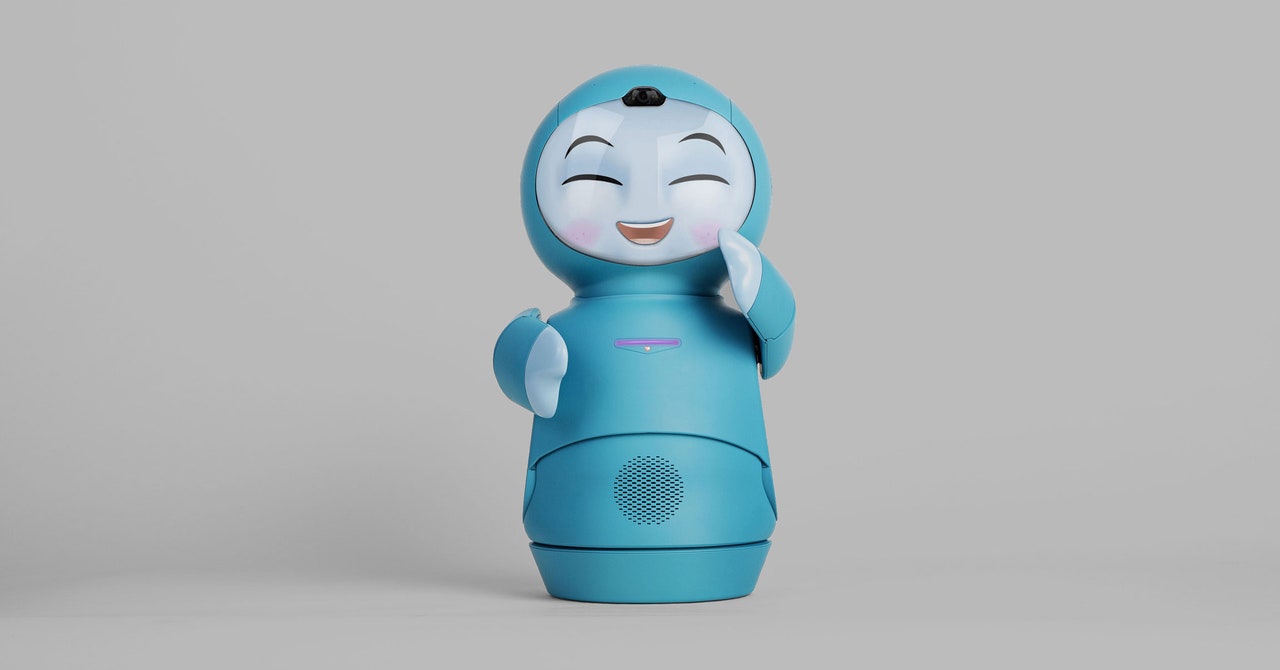It’s hard to imagine anything less personable than a vacuum cleaner—until you give it a mind of its own. Almost as soon as iRobot released the Roomba into the world, a community of autonomous vacuum enthusiasts started giving their Roombas names, backstories, and custom wardrobes. One of the company’s early TV ads acknowledged this unlikely bond, featuring people talking about their Roomba like it was a person. It’s a big emotional investment in a tool whose sole purpose is to suck up filth, but Paolo Pirjanian, former CTO of iRobot, totally gets it.

The WIRED Guide to Robots
Everything you wanted to know about soft, hard, and nonmurderous automatons.
“There’s something innate in our mind that triggers when you see something move on its own,” says Pirjanian. “Our experience tells us that it’s a living thing with a life and a consciousness all its own.” It’s the same reason why we mourn the “death” of a Mars rover or laugh when Atlas doesn’t quite land a backflip. We can’t help seeing agency, even when we know full well these machines are just following coded instructions. Our attachment to these automatons is all the more remarkable because they weren’t designed to forge human connections; they were built to do a job. But what if we could tap into our natural empathy for the unnatural and build robots whose job is connecting with humans?
In 2016, Pirjanian co-founded Embodied with the roboticist Maja Matarić to build a better social robot. (Matarić left Embodied in 2018 to focus on her research at the University of Southern California.) This week the company started accepting preorders for Moxie, its first automaton, which will ship this autumn. Whereas other companion robots like the household assistant Jibo or Paro the robotic seal are designed for adults or the elderly, Moxie is built to foster social, cognitive, and emotional development in children. These are skills that are typically imparted to kids by their parents, teachers, and other adults, but Pirjanian noticed that many families want some extra help.
“Studies have shown that the current generation of children are falling behind on their social, emotional, and communication skills, relative to previous generations,” he says. “It’s partially attributed to a lot of screen time and social media, but also pressures at school that add to anxiety, depression, and so on. Every child can benefit from advancing their social and emotional skills.”
Moxie, whose teardrop-shaped head is perched upon a cylindrical, baby blue body, is a cross between a video game, a pet, and a teacher. It’s main purpose is to help children improve basic social skills (like making eye contact) and cognitive skills (like reading comprehension) as they complete tasks supplied by a gamified narrative. Moxie’s backstory is that it has been dispatched from a secret laboratory on a mission to learn how to be a better friend. The child becomes Moxie’s mentor, and Pirjanian’s idea is that they will also improve their own cognitive, emotio

